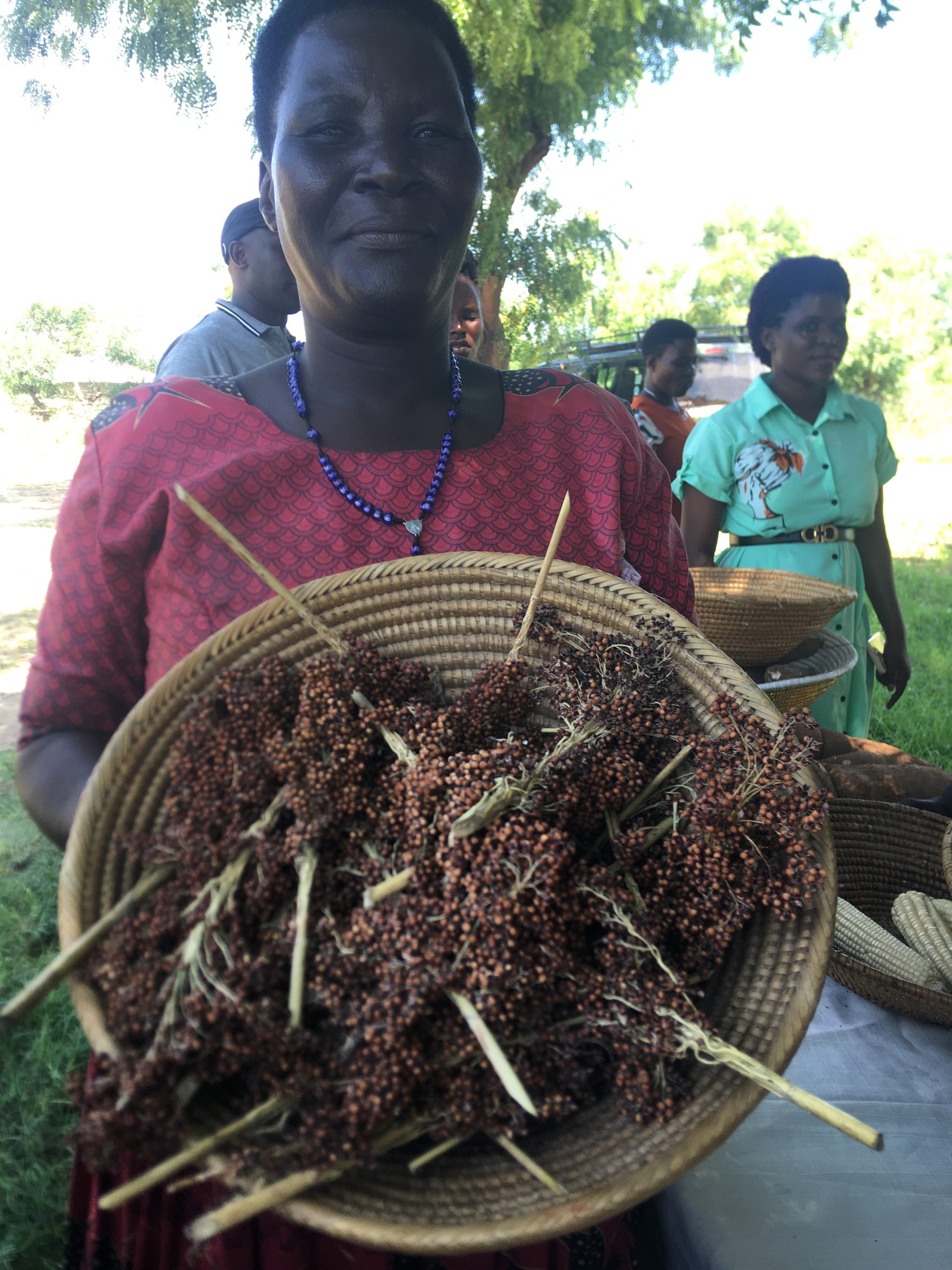Friday, November 1st, 2024 | By

National Association of Professional Environmentalists (NAPE) joined the rest of the world to commemorate International Day of Rural Women by running a special program dubbed “special rural woman” on its Community Green Radio.
The program was intended to celebrate the rural women’s contribution by giving them a platform to amplify their voices on challenges, successes and inspirations encountered in taking part in development.
The International Day of Rural Women recognizes the critical roles and contributions of rural women in enhancing agriculture and rural development, food security and nutrition, and eradicating rural poverty. The 2024 International Day of Rural Women invites all stakeholders to celebrate the rural women’s essential role in building climate resilience, conserving the biodiversity and caring for the land.
UN Women’s latest research estimate that globally, climate change may push up to 158 million more women and girls into poverty and 236 million more women and girls into food insecurity by 2050.
During the program, the women noted that natural resources and livelihoods are being depleted and rural women’s ability to safely secure healthy food, clean energy and water has diminished.
Margret Nassiwa, a resident of Kasimbi Village in Mulagi Sub County in Kiboga district says unpaid for work such as cooking, cleaning, fetching water and firewood, and taking care of the children and other family members give women less time to go for paid labour and end up having only one option as agriculture as source of employment.
However, their efforts to be economically empowered in farming are still frustrated by cultural norms that put men at the center of everything who end up owning and selling the crops grown by women yet they(women) do all the laborious agricultural work.
The women highlighted that despite the fact that rural women play indispensable role in the area of food security, poverty eradication and rural development in general, they still face great challenges such as limited ownership, control and access to land due to patriarchy that increases the poverty level margin.
Rose Kunihira a rural woman who has been involved in farming since 2001 after marriage says the challenges she faces as a rural farmer range from limited land that she acquired after losing her husband in 2007 to unproductive land due to loss of soil fertility.
“As a single mother of two, I raise my children through farming but as a rural farmer, I lack access to information provided to other farmers, I pray to be empowered through financing to acquire more land” Kunihira laments.
Kate Kobusingye says though farming is vital for rural women, they are barred by the high costs incurred to buy inputs for their crops because of the modern seeds that need fertilizers yet most of the soils have become poor due to planting one type of crop.
“We are faced with costly Agro-inputs yet as rural women farmers, we are poor, so why can’t they empower us to use indigenous seeds that are cheap to maintain if we are to eradicate poverty and promote food security “says Kobusingye.
Valeria Nabweteme, another rural woman from Kyankwanzi notes that lack of access to clean and safe water and clean energy consumes much time for rural women to involve in other source of livelihoods that are income generating. She adds that lack of access to electricity and financial services like banks are a challenge to women who may want to deal in business.
“Women spend long distances looking for firewood and water which is a challenge. If government can extend services to rural areas or provide clean energy alternatives, maybe rural women can get out of poverty,” said Nabweteme.
However, the challenges highlighted by women can be overcome if women are empowered and know their rights according to some of the rural women activists who are trying to change the lives of other women.
Sylvia Nalumagga, a Coordinator for Bunyoro Women’s Development Network and the Deputy Mayor for Hoima City says women can be change agents if they put their brains together to find solutions as they continue putting pressure on government. She says her group came up with an idea of making charcoal briquettes from food wastes and energy saving stoves as an alternative to solve the problem of firewood and its related challenges like scarcity, environmental degradation, smoke among others.
Annet Kasoro, the Coordinator of a Kabaale Women’s Farmers group in Buseruka Sub County in Hoima says that they have embarked on growing and promoting indigenous seeds that were facing extinction due to improved seeds which had become costly and prone to pests and disease leading to food insecurity which impacts much on women.
Beatrice Rukanyanga, a member of the steering committee for Rural Women’s Movement says women need to have one voice and be able to stand up and advocate for their rights so that the government can listen.
She says they are mobilizing women to join the rural women’s movement so that they can be at the forefront of demand for environmental social and economic justice.
Precious Naturinda, the Field Mobilizer for NAPE’s Grassroots Women Movement says there is need to unite in promoting rural women’s rights, amplifying their voices and taking concrete action to support their indispensable role in forging a more equitable, just and sustainable world for all people and the planet.
She says NAPE is mobilizing women to influence decision making in national development processes as well as promote the adoption of feminist development alternatives in communities affected by resource extraction and large development projects.
Copyright ©2025 Community Green Radio . All Rights Reserved. Designed : Lwegatech